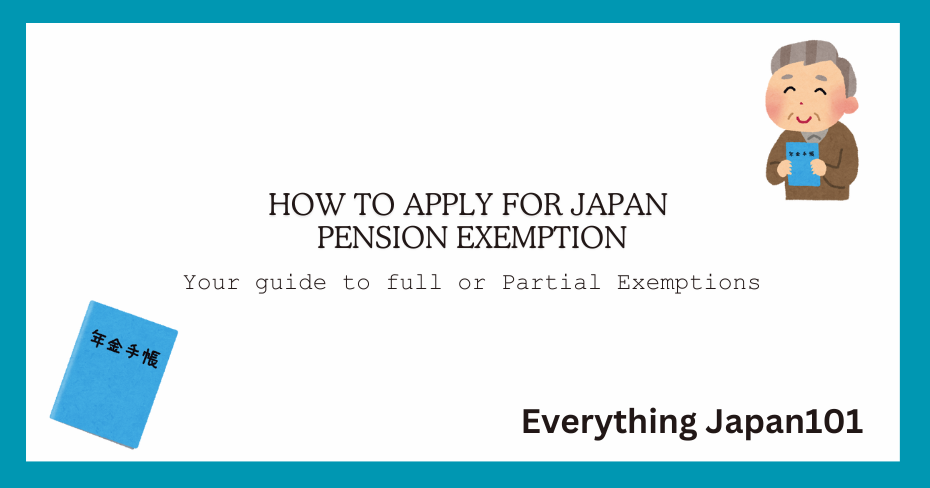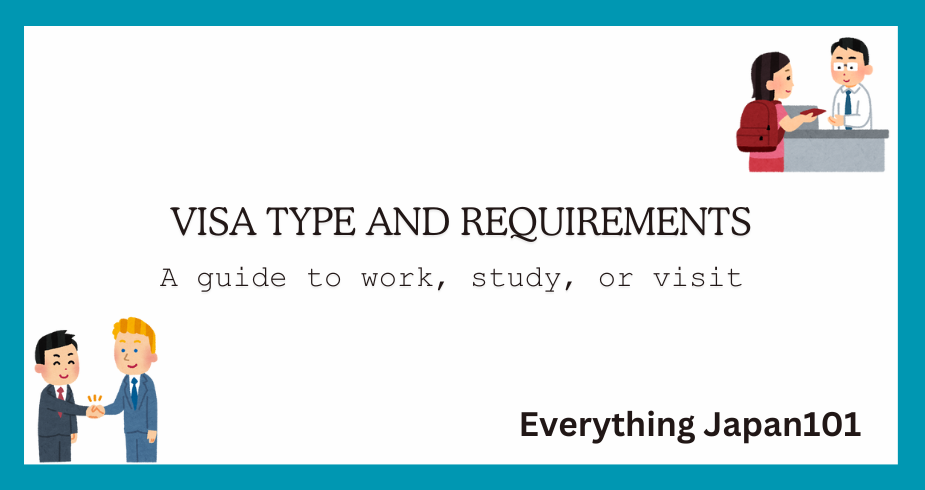Divorce in Japan: A guide on how it works

Divorce (離婚, rikon) is a significant life decision that requires a clear understanding of the legal process, especially in Japan, where the laws may differ from other countries. This guide explains the types of divorce in Japan, steps involved, and key considerations for both Japanese and international couples. We’ll also highlight countries where divorce laws are more complex or restrictive.
Getting a Divorce in Japan
In Japan, the process of divorce is relatively straightforward, but it is essential to be aware of the legal requirements and procedures:
1. Types of Divorce in Japan
There are three primary methods for obtaining a divorce in Japan:
- Mutual Consent Divorce (協議離婚, Kyōgi Rikon): This is the simplest and most common method. Both parties agree to the terms of the divorce and submit a divorce registration form to the local government office (市役所, Shiyakusho). No court intervention is required, but it’s advisable to consult a lawyer to ensure all aspects, including asset division and child custody, are addressed.
- Mediation Divorce (調停離婚, Chōtei Rikon): If the couple cannot reach an agreement through mutual consent, they can seek mediation through a family court. A mediator helps the couple work through disputes and reach a settlement. The court will issue a divorce decree if an agreement is reached.
- Judicial Divorce (裁判離婚, Saiban Rikon): If mediation fails, a couple can file for a judicial divorce. This involves a formal court trial where a judge makes a ruling. Grounds for judicial divorce include serious issues like abuse or infidelity.
2. Legal Requirements
To proceed with a divorce in Japan, certain conditions must be met:
- Residency: At least one of the spouses must be a resident of Japan. Foreigners residing in Japan can file for divorce if they have a valid residency status.
- Documentation: Required documents typically include the marriage certificate, proof of residency, and identification. For foreign nationals, additional documentation like a passport or residence card may be required.
3. Property Division
In Japanese divorces, all assets acquired during the marriage are subject to equal division. This includes both tangible assets (like homes and cars) and intangible assets (like savings, pensions, or investments). Pre-marital property is generally not divided unless otherwise agreed. It’s essential to document and agree on how these assets will be split, as failure to do so can lead to disputes later.
4. Custody Arrangements
Contrary to some countries, Japan’s legal system does not favor joint custody post-divorce. Only one parent is granted legal custody (shinken, 親権), while the other parent may receive visitation rights. Detailed agreements about visitation schedules and shared responsibilities should be drawn up and approved during the divorce process. Custody arrangements are crucial to protect the child’s welfare, and courts will consider the best interests of the child when making decisions.
5. Language and Legal Assistance
Since the legal process is conducted in Japanese, non-Japanese speakers may require translation services or legal assistance. Hiring a bilingual lawyer or a legal expert specializing in family law can facilitate the process and ensure that all legal rights are protected.

Countries Where Divorce is Restricted or Complex
While many countries have established procedures for divorce, some have laws that make divorce difficult or even impossible under certain circumstances. Here are examples of such countries:
1. Philippines:
The Philippines is known for its strict divorce laws. Divorce is generally not permitted except for Muslims under the Muslim Personal Laws. Instead, the legal options available are annulment or legal separation, which are often lengthy and costly processes.
2. Vatican City:
Vatican City, a sovereign city-state and the center of the Roman Catholic Church, does not have divorce laws. The Catholic Church’s doctrine prohibits divorce, and as a result, Vatican City does not recognize or permit civil divorce.
3. Malta:
Malta was one of the last European countries to legalize divorce, doing so in 2011. Prior to this, divorce was not permitted, and individuals seeking to end their marriages had to pursue legal separation instead.
4. India:
In India, divorce laws vary significantly between different religious communities. While divorce is legally permitted for Hindus, Muslims, and Christians, the processes and grounds differ. For Muslims, divorce can be challenging due to religious regulations, and for some communities, traditional practices can complicate the divorce process.
5. Saudi Arabia:
In Saudi Arabia, divorce is governed by Sharia law. While divorce is permitted, the process can be complicated, and women’s rights in divorce proceedings may be limited compared to men’s rights. Women may face significant legal and social challenges.

Conclusion
Navigating the divorce process can be complex, especially in international contexts. In Japan, the process is relatively clear-cut, with options for mutual consent, mediation, and judicial divorce. However, for those dealing with divorce in countries with restrictive laws, understanding local regulations and seeking professional legal advice is crucial. Each country’s legal framework reflects its cultural and religious values, which can significantly impact the divorce process.
Whether you are facing a divorce in Japan or exploring international divorce laws, being informed and prepared will help you navigate this challenging time more effectively.











